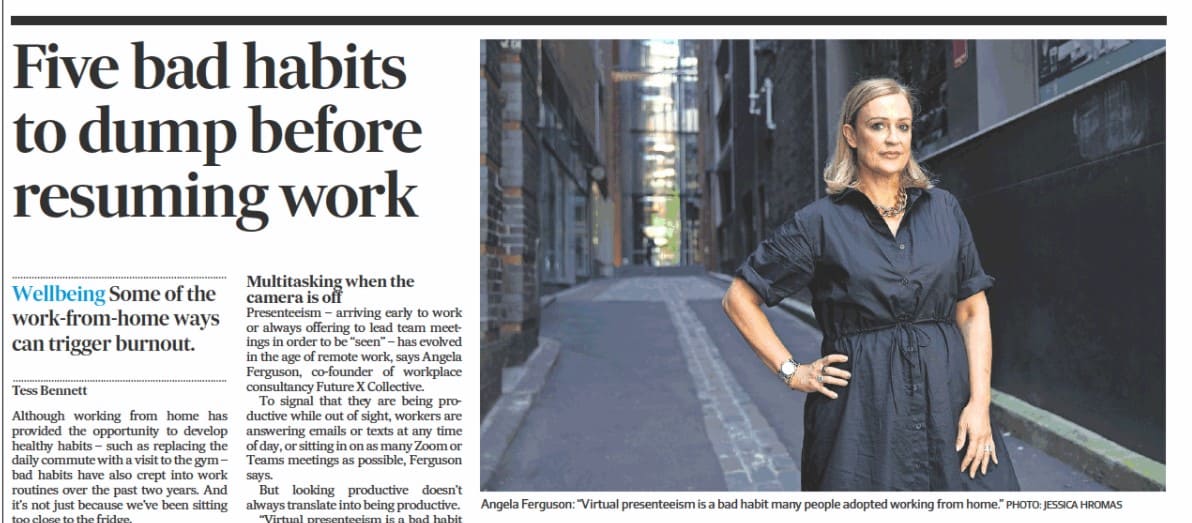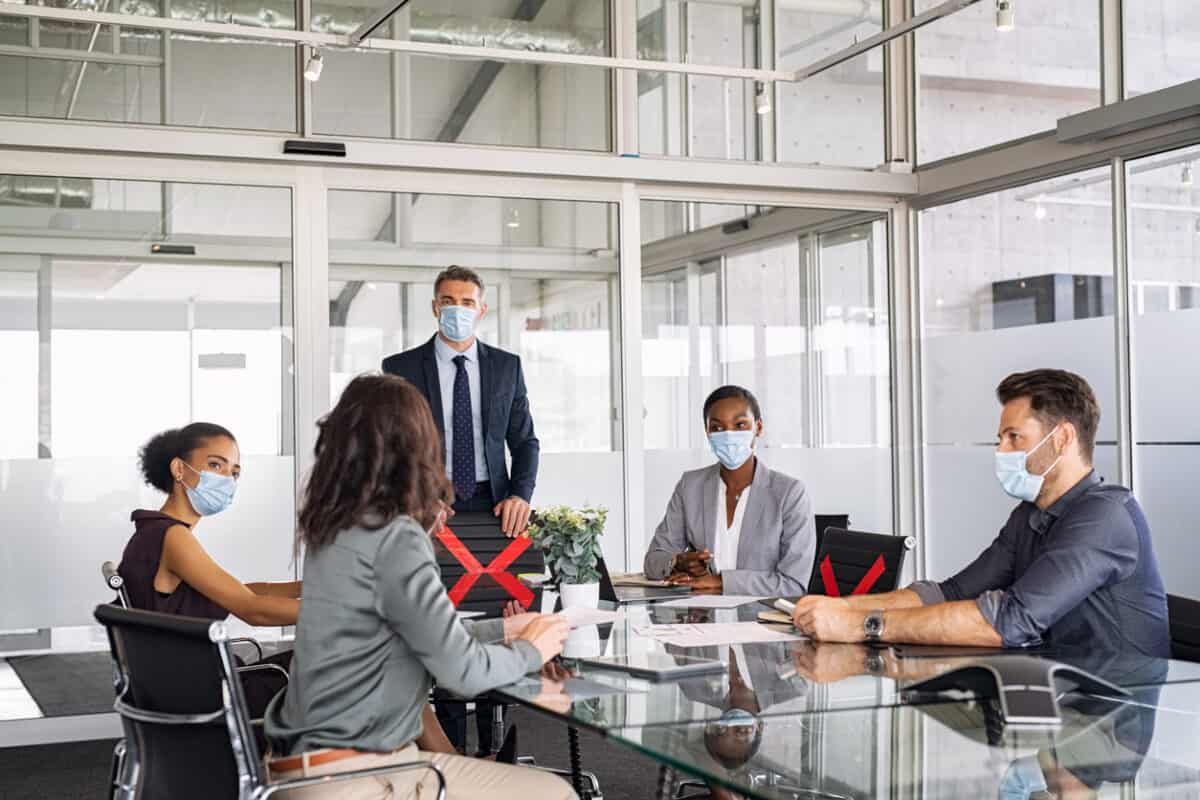Global warming will affect the way we work. This was acknowledged in the most recent report from the International Panel on Climate Change. The 3,676-page report cited several research papers related to these changes. Below is a list of those papers and comments on the abstracts, where available.
Vanos, J., D. J. Vecellio and T. Kjellstrom, 2019: Workplace heat exposure, health protection, and economic impacts: A case study in Canada. Am. J. Ind. Med., 62(12), 1024-1037, doi:10.1002/ajim.22966. https://pubmed.ncbi.nlm.nih.gov/30912193/
This abstract recommends “Providing worksite heat metrics to the employees aids in appropriate decision making and health protection.” This research adds to one’s state of knowledge but may not help with which on-the-ground decisions need to be made.







